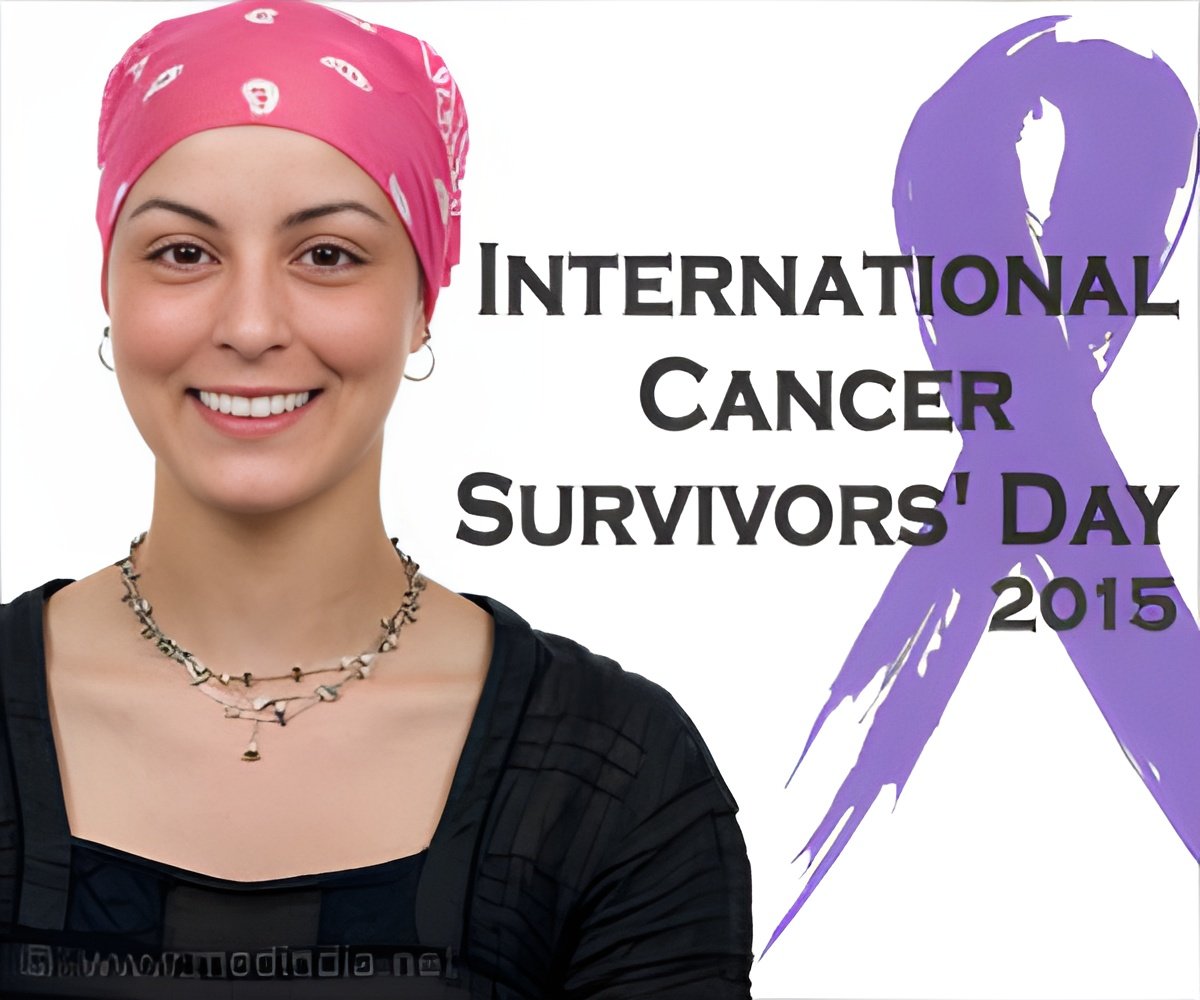he number of cancer survivors expected to live at least for 10 years after diagnosis has doubled

‘People are twice as likely to live at least 10 years after being diagnosed with cancer than they were at the start of the 1970s. The combination of better screening, diagnosis and sophisticated treatments has made this possible.’





The increase in long-term cancer survivors is due to better screening to spot cancer and more sophisticated treatment combined with an aging population, the charity said. Recent advances include immunotherapy, where drugs teach the body’s immune system to fight the tumours. It acknowledged that there was still a huge variation in survival rates according to cancer type.But it warns that thousands of people struggle with the physical, emotional and financial effects of a cancer diagnosis and treatment for many years afterwards. And some, particularly people who have survived or lived with cancer for many decades, will be living with the consequences of now outdated treatments with often more severe side-effects. The review estimates around a quarter of survivors will have long-term issues that need support.
The Macmillan chief executive, Lynda Thomas, said “More and more people are being diagnosed with cancer and, in general, having a more sophisticated life with their cancer than perhaps they would have done. What we are now seeing is that lot of people are coming in and out of treatment, so all of that does put pressure on the NHS.”
Around 625,000 people in the UK are estimated to be facing poor health or disability after treatment for cancer. Long-term consequences can range from painful lower-leg swelling in women following breast cancer to emotional trauma, and with the number of people living with cancer in the UK set to grow from 2.5 million to 4 million by 2030, more people will need support.
Mrs.Thomas said that about one in four cancer patients will come out of cancer treatment with debilitating and very serious side effects like incontinence, or experiencing serious sexual problems. The challenge for medical professionals is to “keep up to speed” with the potential side-effects as new treatments emerge, she added.
Advertisement
Macmillan also estimates that there could be around 42,500 people who were diagnosed with cancer in the 1970s and 1980s who may still be dealing with long-term consequences.
Advertisement
The 37-year-old from Thames Ditton, south-west London, said “The life-saving treatment I had as a child has come back to bite me in the future, but I’m still here. He added “Developments of cancer treatment are just getting better and better, so I hope that more people don’t have to go through what I’ve been through as a child. I’m just trying to enjoy every day as it comes and just grateful to be here.”
Prof Jane Maher, chief medical officer at Macmillan Cancer Support, said that there are fewer cases of the big side-effects, such as an increased risk of heart attack and stroke, we saw after treatment in the 1970s and 80s. There is no cancer treatment available at the moment that does not carry a risk of side-effects.
Health Secretary Jeremy Hunt said "The fact that more people are surviving cancer is excellent news, due in no small part to the work of NHS staff who carry out the diagnosis, treatment and care to help patients beat the disease.”
Meanwhile the Welsh government said it welcomed the improvements, but a spokeswoman said the numbers of people experiencing cancer in their lifetime are increasing and this is set against a backdrop of increasing pressures on NHS resources.
Source-Medindia














